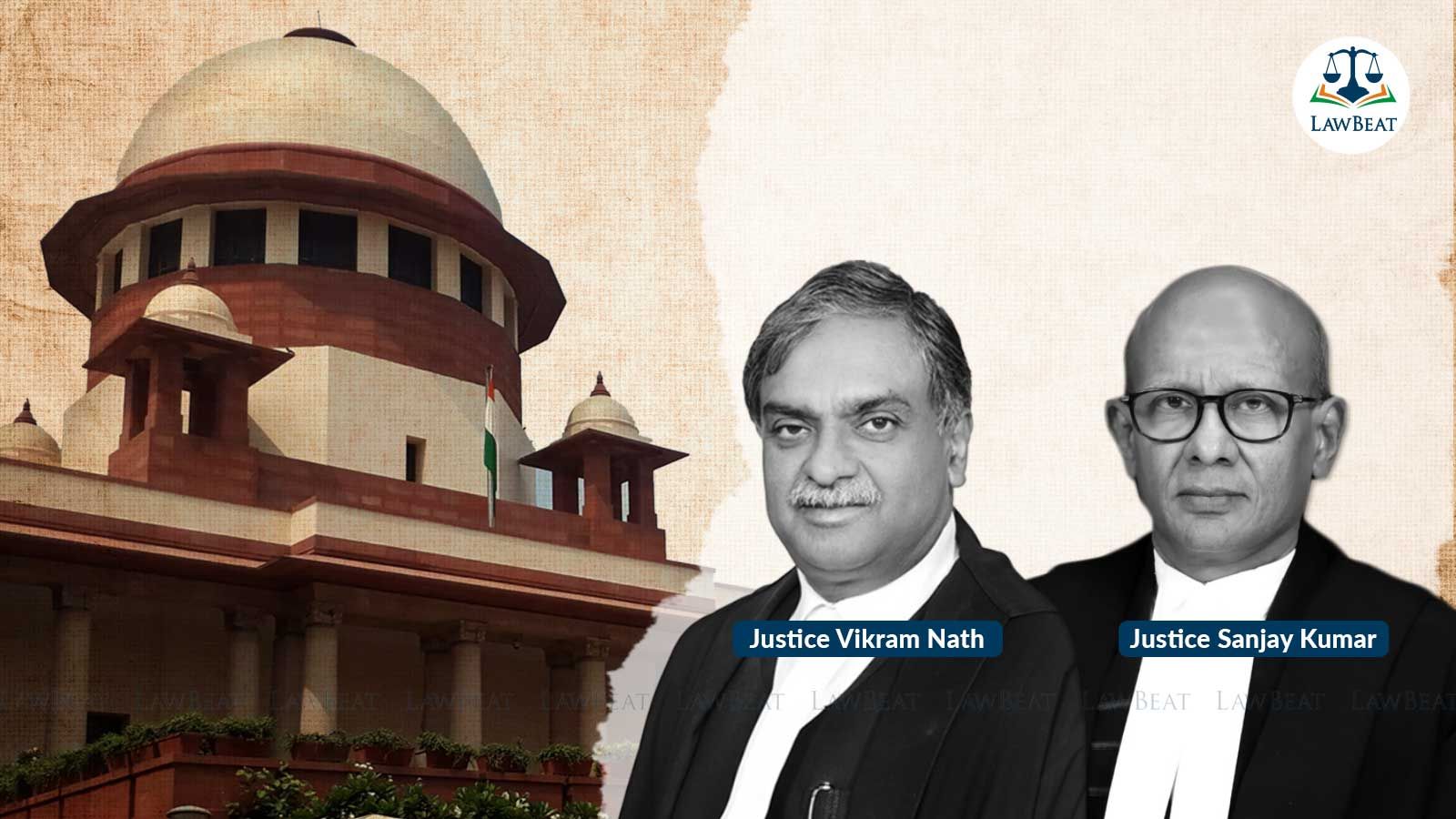BCI's rule on enrolment that candidate must have completed law course from a BCI-recognized college is valid: Supreme Court

Supreme Court has relied on a recent judgment of its Constitution Bench wherein it was held that BCI’s role prior to enrolment cannot be ousted and it is one of the statutory functions of BCI to frame rules imposing pre-enrolment conditions.
The Supreme Court on Friday held that the rule framed by Bar Council of India (BCI) requiring a candidate for enrolment as an Advocate to have completed his law course from a college recognized/ approved by BCI cannot be said to be invalid.
With this view, a bench of Justices Vikram Nath and Sanjay Kumar set aside the decision of a division bench of the Orissa High Court wherein it had directed the enrolment of a candidate as an Advocate, despite the fact that he secured his law degree from a college which was not recognized or approved by BCI.
BCI had filed an appeal against the order dated 21.09.2012 passed by the Orissa High Court and on 28.01.2013, the Top Court had stayed the operation of the impugned order.
In the present case, the respondent-candidate had secured his law degree from Vivekananda Law College, Angul, in the year 2009. This college was not recognized/approved by BCI. In fact, by letter dated 05.01.2002, BCI had directed Vivekananda Law College, Angul, not to admit students in law course stating that students so admitted would not be eligible for enrolment as Advocates.
BCI had stated to this effect again in its letter dated 28.02.2011 addressed to the Orissa State Bar Council. As a corollary, the Orissa State Bar Council rejected the application of respondent-candidate for enrolment as an Advocate, vide letter dated 04.05.2011.
In the impugned order, Division Bench of the Orissa High Court relied on the judgment in V. Sudeer vs. Bar Council of India and another and opined that once a candidate fulfilled the conditions stipulated in Section 24(1) of the Advocates Act, 1961 (for brevity, ‘the Act of 1961’), and did not suffer any disqualification under Section 24A thereof, he would be entitled to enrolment as an Advocate.
Further, the High Court held that BCI could not frame rules and add any condition for enrolment in addition to what was prescribed under Section 24 of the Act of 1961.
Supreme Court noted that V. Sudeer fell for consideration recently before a Constitution Bench in Bar Council of India vs. Bonnie Foi Law College & Ors. wherein it was held that the decision in V. Sudeer was not good law.
"The Constitution Bench held that the BCI’s role prior to enrolment cannot be ousted and the ratio decidendi in V. Sudeer (supra), that it was not one of the statutory functions of BCI to frame rules imposing pre-enrolment conditions, was erroneous. It was categorically held that 2 Section 49 read with Section 24(3)(d) of the Act of 1961 vested BCI with the power to prescribe the norms for entitlement to be enrolled as an Advocate and in consequence, the interdict placed by the decision in V. Sudeer (supra) on the power of BCI could not be sustained. The Constitution Bench, accordingly, held that V. Sudeer (supra) did not lay down the correct position of law,,", the Top Court has noted.
With this view, the BCI's appeal has been allowed, while setting aside the Orissa High Court's order.
Case Title: BAR COUNCIL OF INDIA vs. RABI SAHU & ANR.
